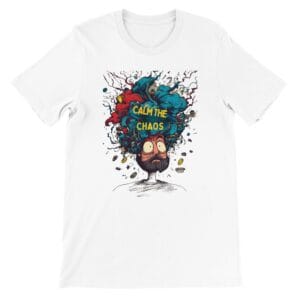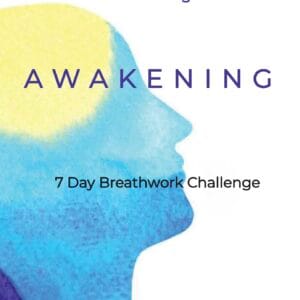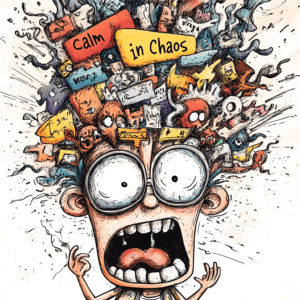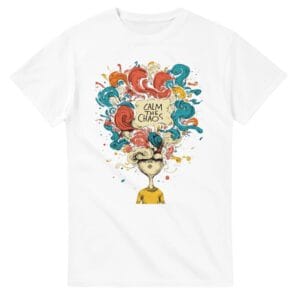
Mindful Sobriety: A Journey Beyond Dry January. For years, I played the same game as so many others: Dry January, Sober October, or any other month-long sobriety challenge. I’d grit my teeth, tick off each alcohol-free day, and at the end, celebrate my success… with a drink. After all, if I could go a whole month without alcohol, then clearly, I wasn’t an addict, right?
But here’s the thing: one drink would turn into two, then four, and before I knew it, I’d be staring at an empty box of wine or a graveyard of cans. The cycle would restart, only this time, it felt heavier. Darker. Like I’d slipped deeper into a pattern I couldn’t control.
Mindful sobriety isn’t just about counting days on a calendar or proving you can go without. It’s about stepping back and truly understanding why alcohol plays such a role in your life. It’s about building resilience, rewriting your relationship with drinking, and creating a life where alcohol simply doesn’t belong anymore.
If you’re here because you feel that pull for something more, let’s explore this journey together.
What Is Mindful Sobriety?
At its core, mindful sobriety is about awareness. It’s not just about quitting alcohol; it’s about understanding your relationship with it. It’s about paying attention to the thoughts, feelings, and triggers that lead you to drink and addressing them with compassion and curiosity.
Mindfulness and Sobriety: The Perfect Partnership
Mindfulness is the practice of being fully present in the moment without judgment. When applied to sobriety, it becomes a powerful tool. Instead of reaching for a drink to numb discomfort, you learn to sit with those feelings, observe them, and understand them.
For me, mindful sobriety became the key to breaking the cycle. Instead of battling cravings with willpower alone, I started to question them:
- Why do I feel the need to drink right now?
- What am I trying to escape from or avoid?
- How will I feel tomorrow if I have this drink?
These questions created space—space to make a different choice. I remember one evening, standing in my kitchen, staring at a bottle of wine. I asked myself, ‘What am I trying to escape from right now?’ The answer hit me hard: I was avoiding loneliness. Instead of pouring a glass, I picked up my phone, called a friend, and shared how I was feeling. That choice—small as it was—felt monumental.
Over time, these moments of awareness started to stack up. I began to notice patterns: how certain social situations, emotions, or even times of the day made me crave alcohol. But instead of succumbing to those cravings, I started to meet them with curiosity and compassion. This awareness became a lifeline.
The Illusion of Control: Why Dry January Isn’t Always Enough
Every year, thousands of people participate in Dry January, and many succeed. They cross the finish line and toast to their accomplishment—often with a glass of wine or a pint of beer. And for some, that’s perfectly fine.
But for others, Dry January becomes part of a cycle:
- Abstain for a month.
- Prove control.
- Reward yourself with alcohol.
- Slip back into old patterns.
This was me, time and time again. And each time, I’d convince myself I was fine because I could stop. But stopping isn’t the same as healing.
Understanding Your ‘Why’
Mindful sobriety asks us to go deeper. Why do we drink? Is it stress, boredom, loneliness, or celebration? Alcohol isn’t just a drink—it’s often a coping mechanism, a crutch, or a distraction.
By recognising the why, we begin to dismantle the power alcohol holds over us. For me, one of those moments came after a long day when I realised I wasn’t reaching for a drink because I wanted to celebrate or relax—I was reaching for it because I felt overwhelmed. That awareness gave me the chance to pause, breathe, and choose a healthier way to handle my emotions, like going for a walk or journaling instead.
Digging into your ‘why’ isn’t always comfortable. It requires vulnerability and honesty. But the clarity it brings is worth every uncomfortable moment.
Mindful Sobriety Tools for Long-Term Success
Sobriety isn’t a one-size-fits-all journey, but some tools and practices can make it more sustainable.
1. Daily Reflection and Journaling
Journaling is a cornerstone of mindful sobriety. Writing down your thoughts, triggers, and feelings provides clarity and helps you notice patterns.
Prompt idea: “What emotions did I experience today, and how did I handle them without alcohol?”
2. Meditation and Mindfulness Practices
Whether it’s a guided meditation, breathwork, or simply sitting quietly with your thoughts, mindfulness practices help you stay present and aware.
3. Community Support
Isolation can make sobriety feel impossible. Finding a community of like-minded individuals—people who understand what you’re going through—can be transformative.
👉 Join my group, ****Mindful Sobriety Collective, where I share tools, journal prompts, and guided meditations.
4. Self-Compassion
Sobriety isn’t about being perfect. It’s about showing up for yourself, even on the hard days. Speak to yourself with kindness and patience.
5. Healthy Habits and Routines
Replacing old habits with new, fulfilling ones—like exercise, creative projects, or spending time outdoors—can help you stay focused and grounded.
Your Mindful Sobriety Journey Starts Now
Mindful sobriety isn’t about a finish line. There’s no day when you ‘complete’ it. Instead, it’s an ongoing journey—a daily commitment to yourself.
👉 Join the ****Mindful Sobriety Collective—a space for tools, journal prompts, guided meditations, and heartfelt connection.
Sobriety isn’t a punishment. It’s a gift—one that keeps giving every single day. It’s the clarity of waking up with a clear head, the joy of facing life’s challenges with resilience, and the freedom of no longer being chained to something that dims your light.
So let’s unwrap it, together.
Take a deep breath. Today is a new day.
On sale products
“Calm the Chaos” Graphic T-Shirt
Price range: £27.40 through £39.647-day breathwork challenge
£0.00Calm in Chaos: Ten Exercises for Managing Anxiety in the Modern Age
£9.99Calm The Chaos
Price range: £26.10 through £33.12Calm The Chaos
Price range: £20.00 through £37.56




